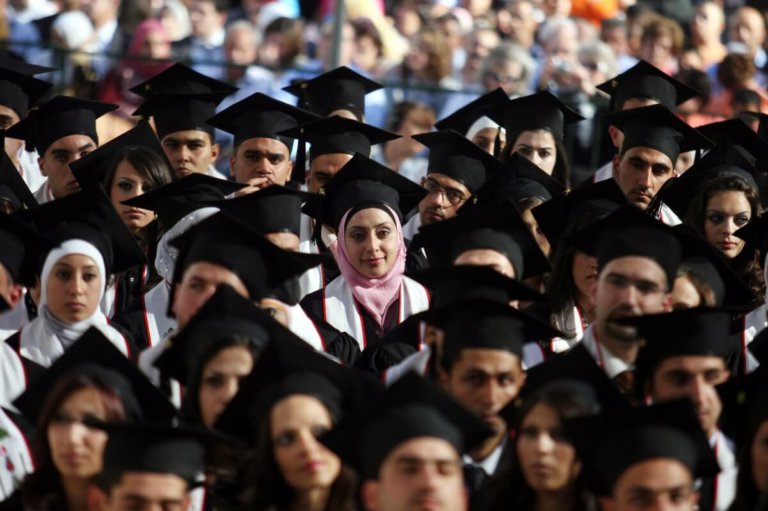
Collating the opinions of 10,000 young people across 160 countries, a new UNICEF poll reveals that the top concerns of youths today are education and employment.
Of this group, 35 percent called for more job opportunities and 26 percent emphasised better education. Others identified other priorities such as protecting the planet and natural resources (16 percent), support for agriculture and entrepreneurship (15 percent) and improved access to technology (8 percent).
While opinions were split on whether globalisation is a bane or boon, 63 percent agree that business leaders could do more to uplift young people in today’s world.
These results were released in conjunction with the World Economic Forum (WEF) taking place this week. Over 2,500 world leaders gathered at Davos, Switzerland to discuss issues on all facets of the global economy.
With the theme “Creating a Shared Future in a Fractured World,” the spotlight was set on young people at this year’s WEF, reflecting today’s global demographics – more than half of the world’s current population is under the age of 27.

Currently, 200 million children are not able to access basic education. Source: Shutterstock
‘Future skills for future work’
“There are 1.8 billion young people between the ages of 10 and 24 today – the world’s largest-ever group of young people. Every month, 10 million reach working age – and they’re finding that yesterday’s skills no longer match today’s job market,” said UNICEF Executive Director Henrietta Fore.
“They want – and need – future skills for future work: digital skills, modern agriculture, green technology and business and entrepreneurial skills,” she continued, placing the responsibility to close this skills gap on the private sector.
Concerns over education and employment indicate that young people are starkly aware of the circumstances holding them back in today’s economy. UNICEF figures show that 71 million youths do not have jobs, while 150 million live on under US$3 a day despite working to earn a living.
In terms of education inequality, six out of 10 children lack minimal reading and mathematics skills. A shocking 200 million adolescents are out of school. Just last year, UNESCO estimated that this number will rise to 225 million by 2030 if current conditions persist.
The @GlobalShapers have spent the past couple of days with an incredible delegation of under 20 youth changemakers @wef, and their wonderful parents.
My heart breaks that we live in a world where they need to give up their youth, to work for our common future. #Am20 pic.twitter.com/ppsJ777gEy
— Tariq Al-Olaimy (@tariqal) January 21, 2020
Young people have long been a part of WEF through the Global Shapers community. Each year, 50 youth leaders with grassroots experience are selected from 376 hubs in 156 countries. Their role is to “help set the agenda for businesses, governments, and civil society,” according to Jaideep Bansal from the 2018 Global Shapers cohort.
“Some think Davos is only a meeting where the rich and wealthy get together, but it is, in fact, a place where world leaders meet with young people and get inspired to take action, working towards the common goals of a better and inclusive future, improving the state of the world we live in,” he wrote.
Bansal detailed instances where youth leaders initiated impactful discourse on fossil fuels, impoverished communities, diversity and democracy.
This year marks a huge step forward for Global Shapers as the Forum selected six representatives under the age of 30 to co-chair the meeting. UNICEF will work closely with WEF, Global Shapers, and Generation Unlimited to address these critical challenges faced by youth the world over.
Liked this? Then you’ll love…
Young students can contribute to stopping the climate crisis too. Here’s how.
The youth unemployment conundrum and potential solutions







